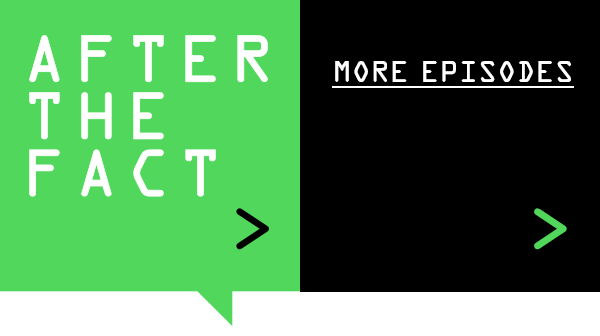The Infodemic
Episode 82

Stat: 87 percent: Americans who say they are following news about the coronavirus outbreak fairly or very closely.
Story: According to the World Health Organization, people are not only living through an epidemic but also an “infodemic”—a surge of information about COVID-19 that has made it hard for people to know which news and guidance about the virus is accurate. In a conversation with Alan Miller, founder and CEO of the News Literacy Project, we discuss how to sort fact from fiction today.
Related resources:
Americans are following news about presidential candidates much less closely than COVID-19 news
UN tackles ‘infodemic’ of misinformation and cybercrime in COVID-19 crisis








